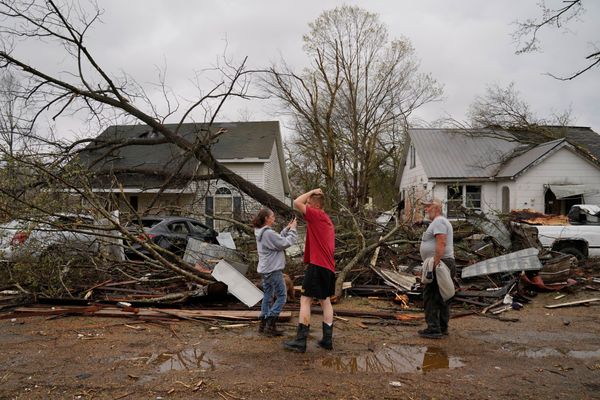
British researchers have given new meaning to the phrase, “Sunday Scaries.” According to research presented at the British Cardiovascular Society Conference, the most serious types of heart attacks are more likely to happen on Monday than any other day of the week.
Doctors at the Belfast Health and Social Care Trust and the Royal College of Surgeons in Ireland analyzed data from more than 10,000 patients across Ireland who’d been admitted to the hospital between 2013 and 2018 with the most serious type of heart attack, also known as a ST-segment elevation myocardial infarction (STEMI). This type of heart attack occurs when a major coronary artery is completely blocked.
Researchers found that a surge in rates of STEMI heart attacks occurred at the start of the working week, with the highest rates found on Mondays. The rates of STEMI heart attacks were also higher than expected on Sundays.
Why are heart attacks more prominent on Monday?
The phenomenon, known as “Blue Monday,” has scientists stumped. Previous studies have suggested that heart attacks may be more likely to take place on a Monday due to the body’s circadian rhythm, or natural sleep-wake cycle.
“We’ve found a strong statistical correlation between the start of the working week and the incidence of STEMI,” cardiologist Dr. Jack Laffan, who led the research at the Belfast Health and Social Care Trust, said in a press release about the study. This has been described before but remains a curiosity. The cause is likely multifactorial, however, based on what we know from previous studies, it is reasonable to presume a circadian element.”
More than 30,000 hospital admissions in the United Kingdom are due to STEMI heart attacks, which require emergency assessment and treatment. Typically such treatment involves an emergency angioplasty, which is a procedure to reopen blocked coronary arteries.
And it’s not just the day of the week that may be cause for concern. The American Heart Association (AHA) has found that people die the most from heart attacks in the last week of December compared to any other time of the year. The change in routine, sleep and exercise schedules, as well as diet, may put people at risk for heart-related problems during that time of year.
What are the signs of a heart attack?
Signs of a heart attack can include:
- Chest pain/pressure in the chest
- Nausea
- Discomfort in an arm or shoulder
- Back, neck, and jaw pain
- Feeling weak or faint
- Trouble breathing
However, symptoms differ in women and men, whereas women may experience more subtle symptoms like nausea, vomiting, shortness of breath and back or jaw pain, according to the American Heart Association. You should call 911 immediately if you or someone around you begins to feel symptoms of a heart attack.
What is the difference between a heart attack and cardiac arrest?
While a heart attack can cause cardiac arrest, the two are not the same. Whereas cardiac arrest occurs when the heart’s electrical system malfunctions, a heart attack is more of a circulation problem in one of the arteries in the heart, Dr. Michael Emery, cardiologist and co-director of the sports cardiology center at Cleveland Clinic, previously told Fortune.
“When one of those arteries gets acutely blocked from a heart attack, then there’s a sudden lack of blood flow to part of the muscle of the heart,” he said. “Meanwhile, [cardiac arrest] is when the electricity becomes disorganized and chaotic, often from ventricular fibrillation [a type of irregular heartbeat]. And when the heart is disorganized and chaotic, it can’t adequately pump blood to the rest of the body, hence the arrest part.”
Ways to improve your heart health
Although half of Americans have one of three risk factors of heart disease, including high blood pressure, high cholesterol and smoking, there are ways you can lower your chances of a heart attack:
- Engage in regular physical activity
- Eat a healthy diet
- Quit smoking
- Maintain a healthy weight
- Monitor your blood pressure, cholesterol and diabetes
- Take your medication as directed
- Work closely with your health care team
“This study adds to evidence around the timing of particularly serious heart attacks, but we now need to unpick what it is about certain days of the week that makes them more likely,” Sir Nilesh Samani, a professor and medical director at the British Heart Foundation, said in the same release. “Doing so could help doctors better understand this deadly condition so we can save more lives in future.”







